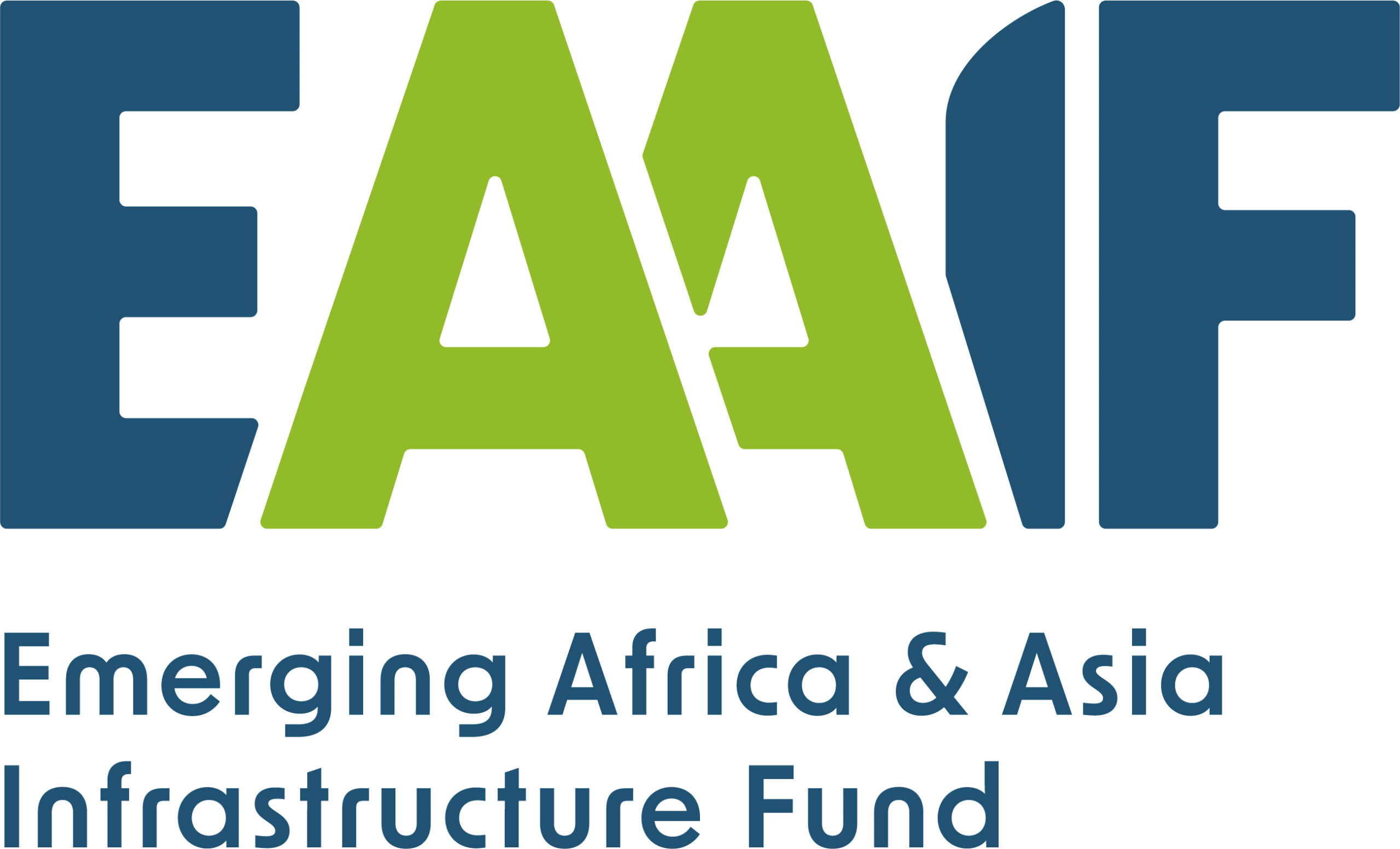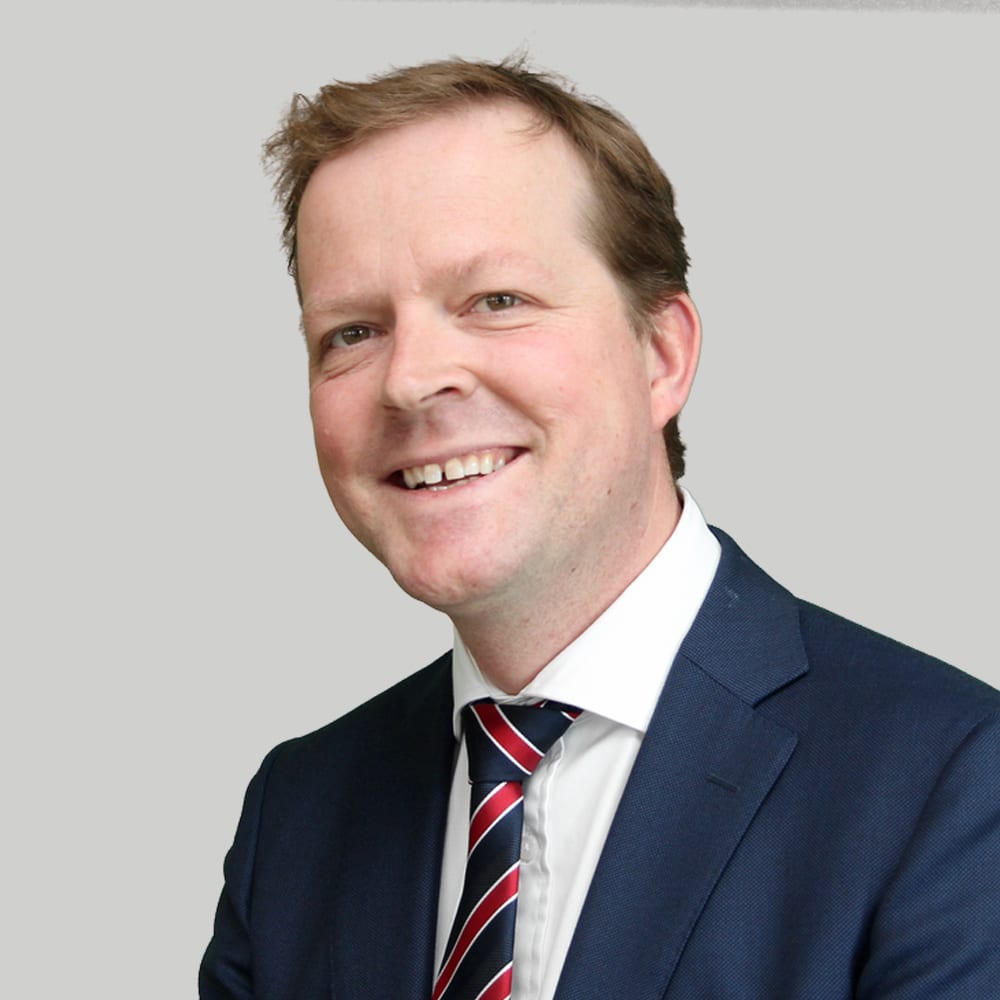Our door is open to institutional lenders, writes Martijn Proos
According to a report published in October 2020 by the Organisation For Economic Cooperation and Development (OECD) 60% of the urban infrastructure that will be in place by 2030 is yet to be built. The OECD does not quantify what this means in Euros or dollars, though it must be in the trillions. It is both a huge challenge and a huge opportunity.
As the OECD notes, investment in infrastructure was a substantial element in recovering from the 2008 financial crash, with developed economies benefiting from 21% uplifts in economic activity and developing states by 40%. Infrastructure investment will be essential to the global economy’s efforts to roll back the huge damage done by COVID-19. Investment in infrastructure is critical to fragile and developing economies.
Economically, Africa has been profoundly impacted by C-19. In a paper authored by Grace Gondwe of the United Nations Conference on Trade and Development (UNCTAD), African GDP is forecast to fall by as much as 7.8% in smaller economies and across the continent an average fall of 5% in public revenues is expected. Developed and wealthy economies are facing huge shortfalls in revenues from taxation. Global growth in 2020 will be around -3%, says the IMF.
The good news that effective vaccines are becoming available allows us to look ahead. With public finances under great strain in Western economies, spending on international development will be rigorously examined and the private sector encouraged to get more involved in financing bankable projects. In Africa, as elsewhere, state, city and regional economies are the primary drivers of infrastructure development. They too are seeing C-19 downturn drain funds. They too look to the private sector to help keep infrastructure at the core of economic development and progress.
At the Emerging Africa Infrastructure Fund (EAIF), and across the Private Infrastructure Development Group we expect to see increased interest from a number of high quality financial institutions asking us about African infrastructure finance and markets and looking to understanding our model.
We have two globally known private sector organisations as existing lenders to the Fund, Allianz Global Investors and Standard Chartered Bank. Allianz Global Investors and Standard Chartered Bank were first drawn to EAIF because they saw us being active and witnessed us successfully closing deals in emerging African markets. To date, we’ve supported some 80 projects in 9 infrastructure sectors. We’ve had positive economic and social impacts in approaching 30 African countries.
What EAIF is able to offer is a sophisticated fund model that is well capitalised, knows its markets, has a track record of closing deals, often in fragile places, a spread of opportunities across nine infrastructure sectors and supportive but hands off owners in the governments of the UK, The Netherlands, Sweden and Switzerland. We also offer access to our parent organisation, the Private Infrastructure Development Group, and its range of businesses, which can support qualifying companies across the infrastructure development cycle.* PIDG’s climate change credentials are an additional draw to our public and private sector financial partners. PIDG supported projects channel finance to infrastructure that contribute to the goals of the Paris Agreement on climate change.
A clear benefit to institutional investors is that EAIF has shown strong credit performance over the last 20 years, resulting in a low loss rate to date. In addition, EAIF’s blended fund model is attractive for institutional investors as owner’s funds provide a significant risk cushion also known as a “first loss” position. Cash flow stability is a historic feature of our operations. C-19 may have shaken economies and many business sectors, but EAIF has yet to record any significant interruption to borrower companies meeting their obligations to us. As a business and as an impact investor we have long horizons. We can see beyond C-19 and well into the 21st century.
Our ownership, structure, track record, culture and balance sheet gives us a risk/reward position that is distinctive and attractive to financial institutions looking to get returns from fragile markets while contributing to economic development and human progress in Africa. We help make strategically important things happen that might not happen without our support. We are part of the great drive to secure poverty reduction, sustainable economies and a more successful Africa.
We’re open for business. Come and talk to us.
*The PIDG companies InfraCo Africa and InfraCo Asia take on early project development providing management and capital to address early-stage risks and developing bankable projects that can attract debt and equity at financial close. PIDG’s credit solutions business – The Emerging Africa Infrastructure Fund and GuarantCo address a shortage of long-term, patient funding and a lack of local currency financing and local capital market development for private sector infrastructure projects. In addition, the PIDG TA Team manages grant funding to support PIDG Companies’ activities, to meet a range of needs associated with the infrastructure project development cycle, including the assessment of potential investment opportunities and building capacity of host country partners and local investors.
Sources
https://www.oecd.org/coronavirus/en/policy-responses
https://unctad.org/system/files/official-document/aldcmisc2020d3_en.pdf
The Great Lockdown: Worst Economic Downturn Since the Great Depression
Martijn Proos is a Director at Ninety One (formerly Investec Asset Management) the fund manager of the Emerging Africa Infrastructure Fund. This article was first published on EAIF Insights at www.eaif.com. EAIF is a member of PIDG.

